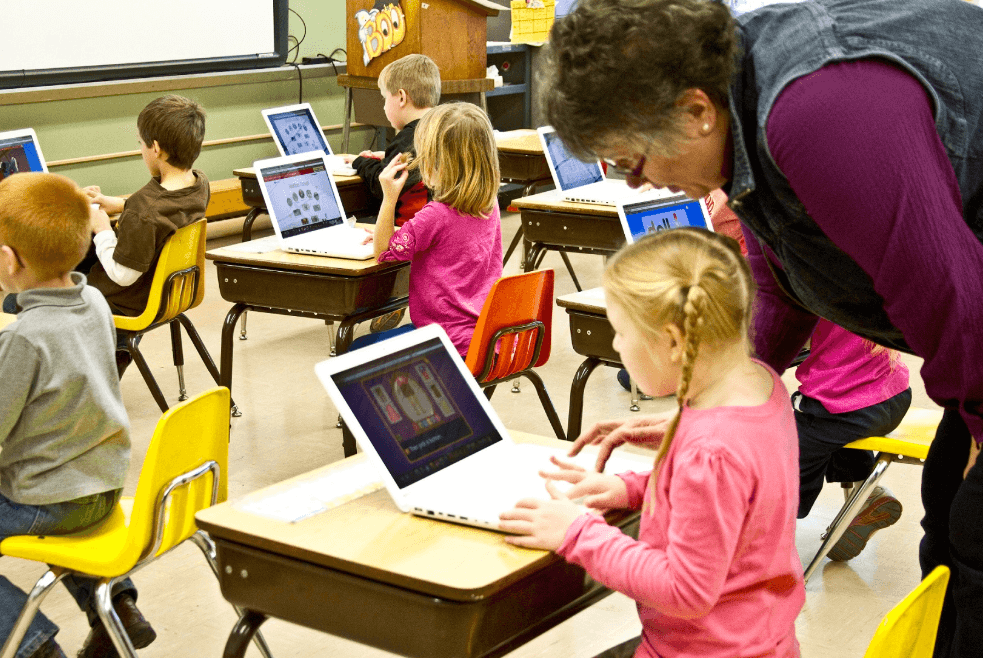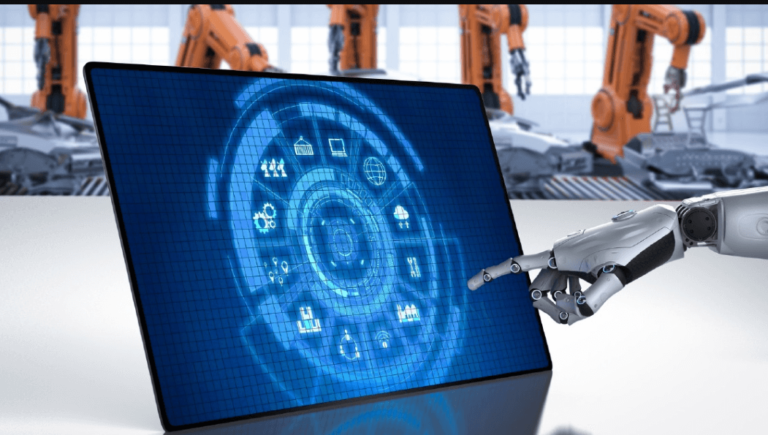The Intersection of Tech and Education: A New Era of Learning
The convergence of technology and education is reshaping traditional learning paradigms. Artificial intelligence tailors experiences to individual needs, while virtual classrooms expand access. Innovative educational apps engage students through interactive formats, fostering autonomy in their studies. This evolution raises critical questions about equity and collaboration in the learning process. What implications do these advancements hold for the future of education? The answers could redefine access and engagement in unprecedented ways.
The Rise of Artificial Intelligence in Education
As educational institutions increasingly embrace technological advancements, the integration of artificial intelligence (AI) is reshaping the landscape of learning.
AI fosters adaptive learning environments, tailoring educational experiences to individual student needs. By providing personalized feedback, it empowers learners to progress at their own pace, enhancing engagement and understanding.
This innovative approach not only transforms traditional methodologies but also promotes a collaborative and liberating educational experience.
See also: The Impact of Machine Learning on Various Industries
The Impact of Virtual Classrooms on Learning Experiences
While many educators have traditionally relied on face-to-face interactions to facilitate learning, the advent of virtual classrooms has revolutionized how students engage with content and each other.
These platforms foster virtual engagement, allowing for collaborative discussions and diverse perspectives.
Furthermore, they enable personalized learning experiences tailored to individual needs, empowering students to take charge of their educational journeys in ways previously unimaginable.
Innovative Educational Apps Transforming Study Habits
Innovative educational apps are reshaping study habits by providing students with tools that enhance organization, engagement, and retention of information.
By employing gamification strategies, these applications foster a playful learning environment, motivating students to achieve their academic goals.
Additionally, personalized learning features cater to individual needs, empowering learners to take control of their educational journeys, ultimately nurturing a more autonomous and effective learning experience.
Breaking Geographical Barriers: Access to Quality Education for All
The integration of technology in education has not only transformed study habits but also played a pivotal role in dismantling geographical barriers that have traditionally hindered access to quality education.
Remote learning platforms bridge the digital divide, empowering learners across diverse locations. This innovation enables collaboration and knowledge sharing, ensuring that education is accessible, equitable, and liberated from the constraints of geography.
Conclusion
As the sun rises on this new era of learning, technology casts a transformative light on education, illuminating pathways previously shrouded in darkness. With artificial intelligence and virtual classrooms as guiding stars, students embark on personalized journeys, breaking free from traditional confines. Educational apps serve as dynamic tools, empowering learners to navigate their own destinies. In this collaborative landscape, the promise of equitable access to knowledge blooms, ensuring that the garden of education flourishes for all, regardless of circumstance.




